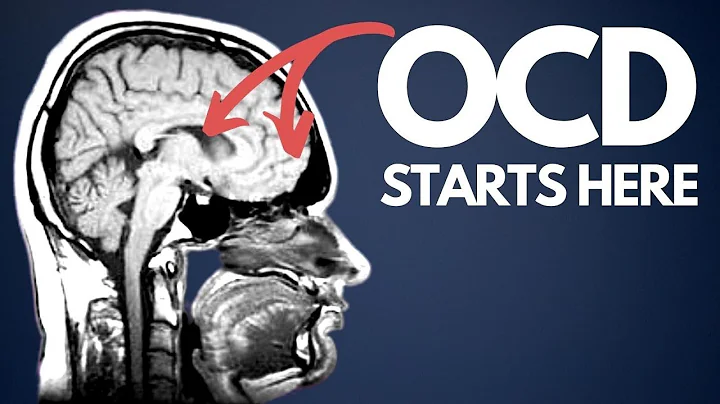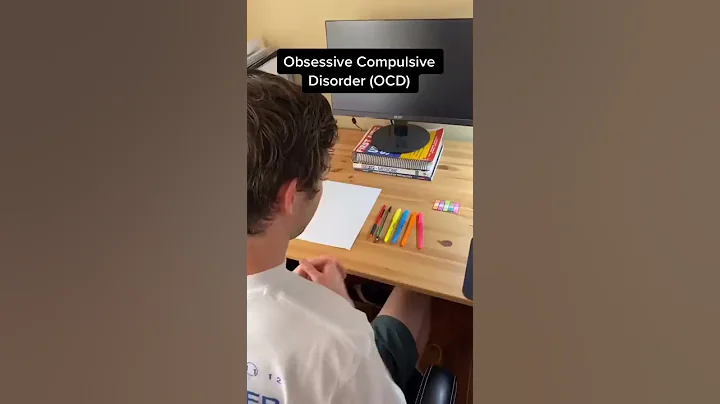"Theory of mind" describes the human ability to understand that one person cannot possibly know what is going on in another person's mind. "Theory of mind" may sound like a complex concept, but in fact, it's usually mastered by children before the age of five.
A child who has mastered theory of mind understands, for example:
● If they hide, others will not know where they are.
● If they think of an idea or have an emotion but don't express it, the idea or emotion won't be communicated to others (and others may not share all of their thoughts).
● Their likes and dislikes may or may not be shared by others, who may have completely different preferences and tastes.
● They have information that others do not and they must convey it or it may be misunderstood.
● If they witness something that others do not witness, they know something that others do not know.

People with autism find it difficult to read minds
Theory of mind can be elusive for both children and adults. This does not mean that autistic people lack empathy, but that they have difficulty guessing other people’s motives, intentions, or hidden agendas.
Research shows that challenges include difficulty reading subtle facial expressions and body language. For example, people with autism may have difficulty intuiting whether a raised eyebrow is a sign of surprise, fear, or disapproval.
Vocal intonation can also be an issue. For example, we use subtle changes in tone and rhythm to express the idea that we are joking, sarcastic, disbelieving, etc. But when autistic people fail to recognize these subtle changes, they may take the clown seriously or interpret sarcastic statements as sincere.
As a result, people on the spectrum often misunderstand the motives or desires of others. They may also be unable to communicate their message or advocate for their needs. Difficulties with theory of mind can also make people with autism more likely to be misled, bullied or abused.

Autism and "mind blindness"
Researcher Simon Baron-Cohen describes theory of mind as "... the ability to infer all mental states (beliefs, desires) that lead to action , intentions, imagination, emotions, etc.) . In short, to have a theory of mind is to be able to reflect on the contents of one's own and other people's minds. Baron-Cohen developed a term for the lack of a theory of mind, which he called "mind blindness"
. Researchers including Baron-Cohen and Uta Frith believe that mindblindness is present to some degree in all people on the autism spectrum. They also believe that the lack of theory of mind is the result of neurological differences. Backed by research.
For those individuals on the autism spectrum who have strong intellectual abilities, some "mind-reading" abilities can be built through practice, discussion, and social skills training. However, even with practice and training, mind-blindness is not possible. Probably a lifelong problem for all people on the autism spectrum.


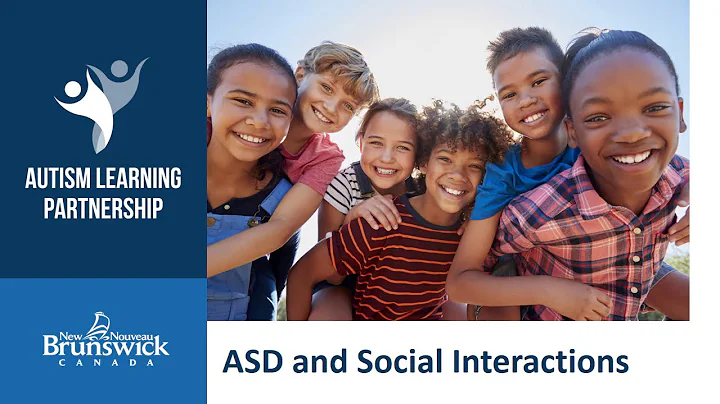
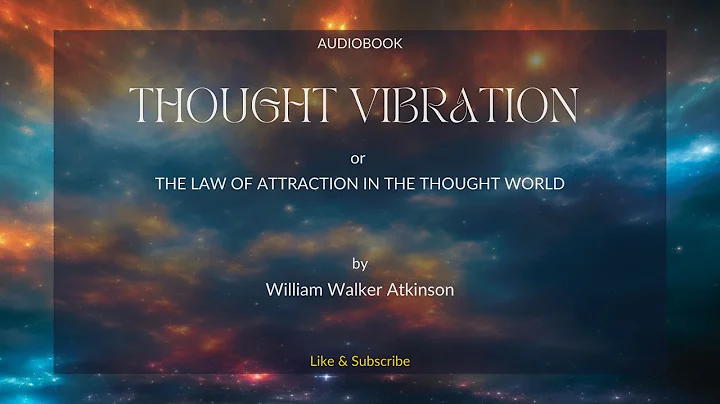
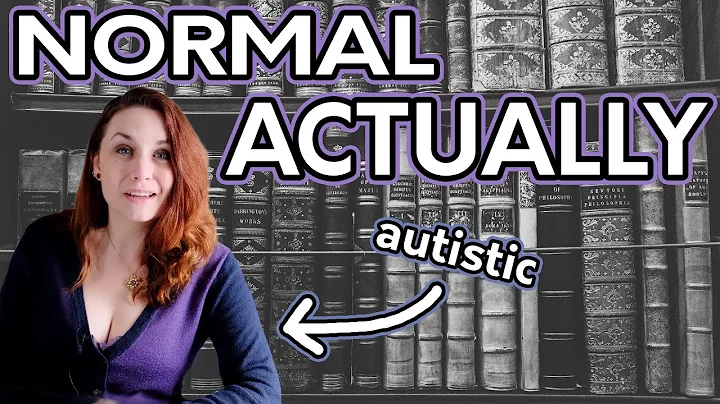
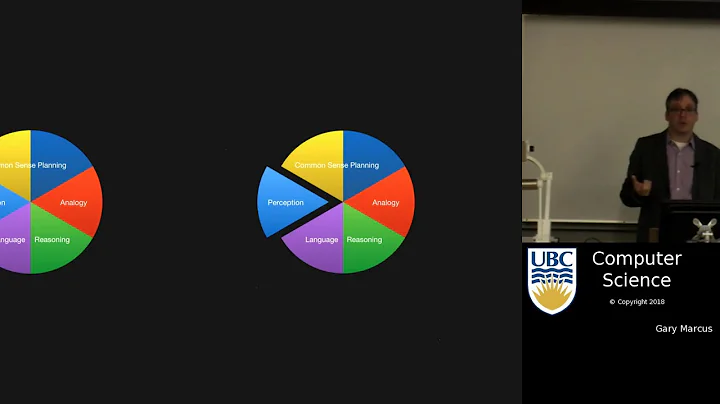
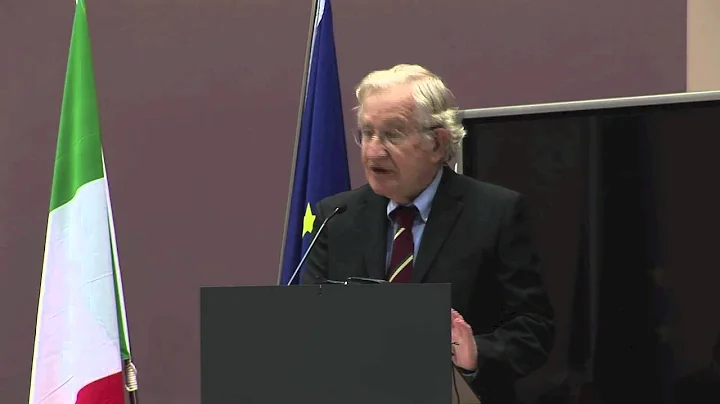
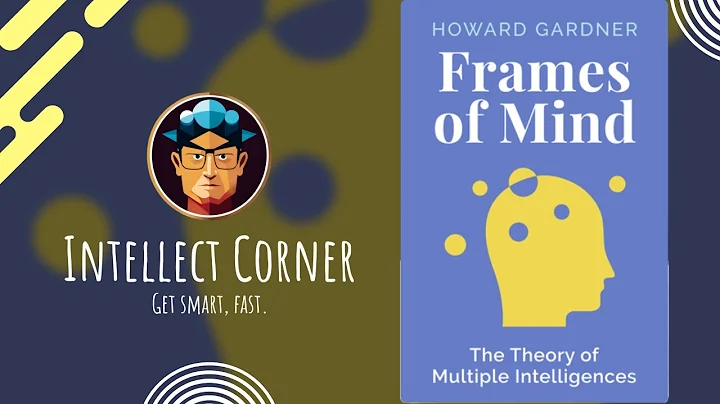
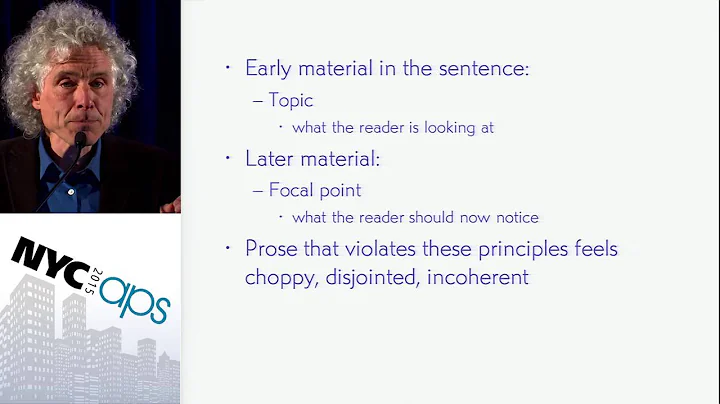
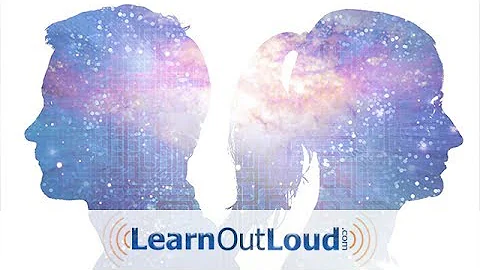




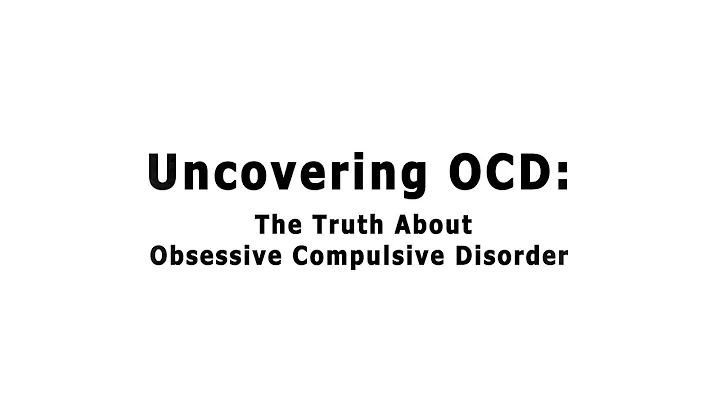
![Do You Know a Perfectionist? Watch This. [New Personality Disorder Series] - DayDayNews](https://i.ytimg.com/vi/4ZCU_RxyCiY/hq720.jpg?sqp=-oaymwEcCNAFEJQDSFXyq4qpAw4IARUAAIhCGAFwAcABBg==&rs=AOn4CLBlWdwWD_g5XkQXNH_kPQi1o_wSEg)


